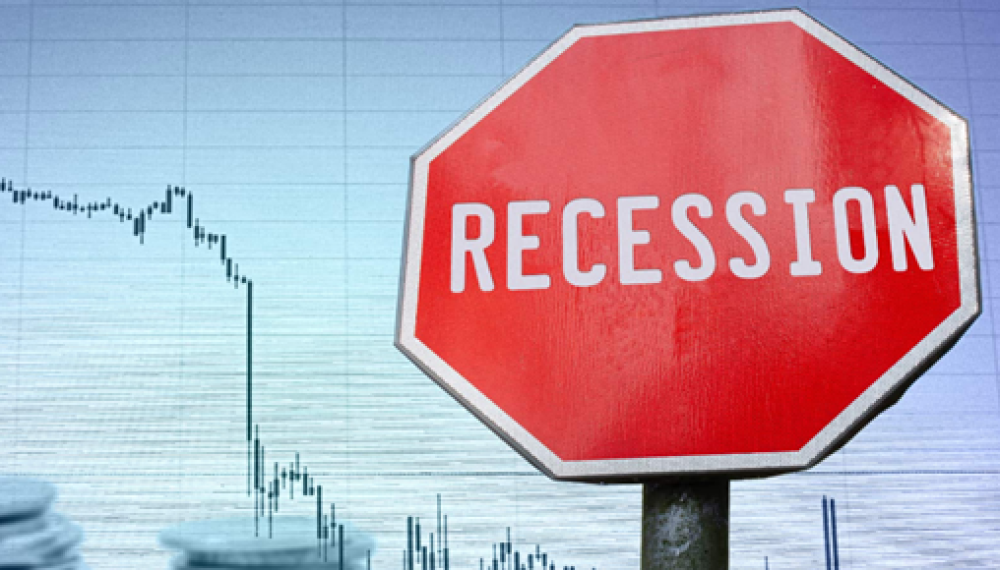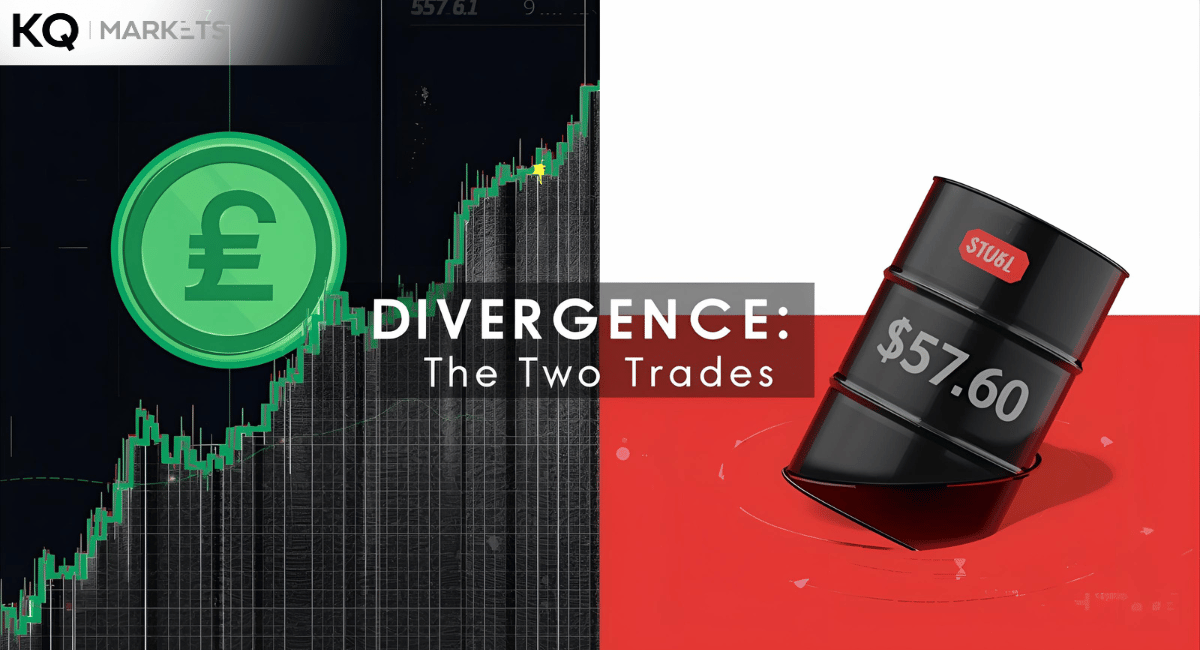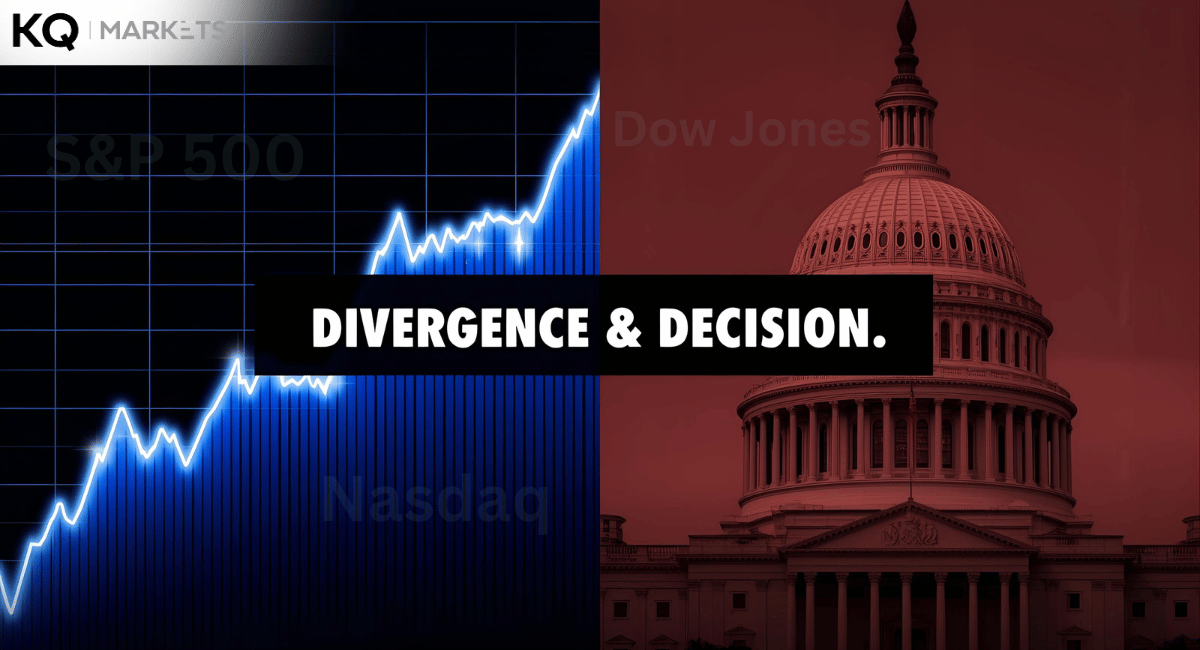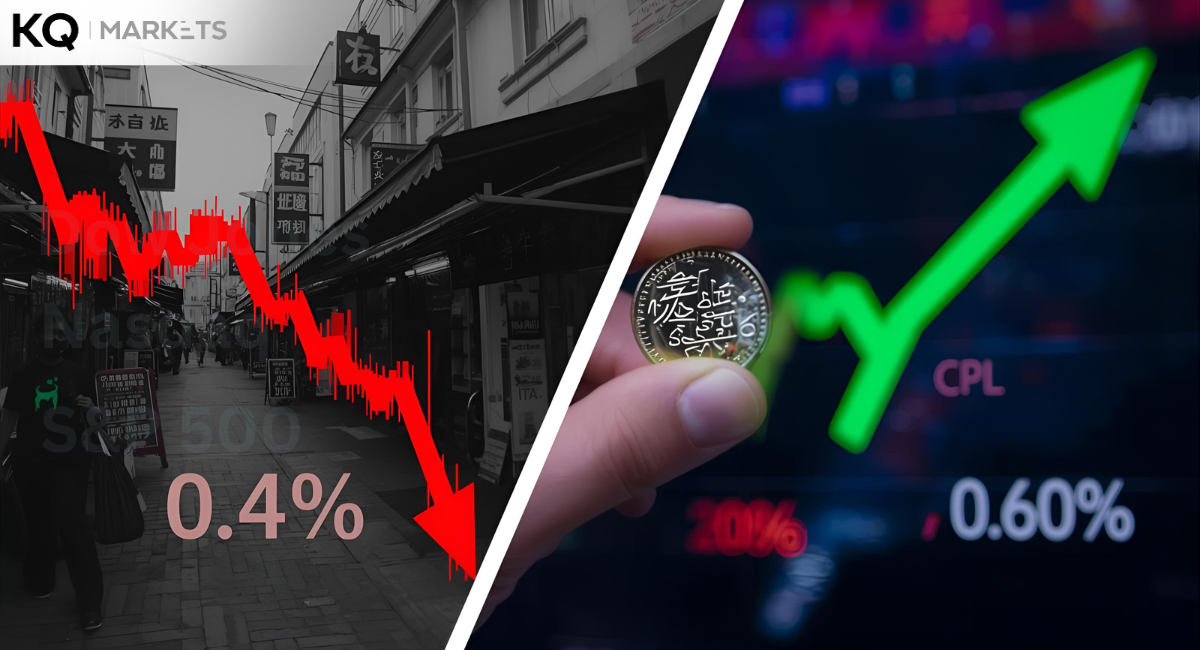The UK has grappled with a 40-year high inflation rate for the past year. But efforts to lower consumer spending prices have shifted the country into a rather economic development panic. Meanwhile, financial experts believe that the Bank of England is facing its toughest moments amid losing control of its rate hike inflation-busting tactic. Financial markets are betting on a possible recession to tame the record-high inflation after another rate hike.
In general, 13 consecutive borrowing cost increases within 24 months have resulted in an economic fallout. Mortgage holders face a surge in interest costs that worsen household spending costs. The situation might worsen as experts predict the interest rate to hit 6%. While the central bank insists on restating authority, concerns over the impact of the higher borrowing costs are rising.
In any case, the danger of lacking credibility rises as economic austerity bangs back. The fight against inflation continues despite the 2008 financial crisis lessons. Analysts say that if the rate hikes do not truly work, the move will turn out as a cure worse than the disease. Andy Haldane, a former chief economist at the Bank of England, describes the monetary policy hawks as a Cassandra of the modern mess. Although he advocated rate hikes in 2021, he proposes a pause.
Overall, the cautions are worth it since most rate hikes impacts are yet to spread through the market based on the UK’s mortgage market nature. Most investors across the UK buy 2-year or more fixed-rate mortgages, which implies a lengthy delay of up to 18 months before the monetary policy spreads. Over 2.5 million mortgage holders face a ticking time bomb since they will lose cheap fixed-rate deals by the end of 2024.
Apart from the 8.4% fall in May, inflation remains stagnant at about 8.7%, which causes a worrying signal due to the persistence. While the long-term objective to set the bank’s rate at a 2% target level becomes complicated, short-term developments turn out more worrying. Nonetheless, economic forecasters still believe the inflation rate will fall from 4 to 5% by the end of 2023. They expect the borrowing costs to fall further to 2% by 2024.
Above all, it would be vital to check other factors, such as the labor market, where the Brexit deal and low investment in skills and healthcare add to inflationary impetus. The economic supply-side breakdown might be a poor excuse for tighter monetary and fiscal policies to lower demand. The solution might be bolstering a productive economy rather than dismantling it since the BoE acknowledged it was powerless to correct the problems in the past.





